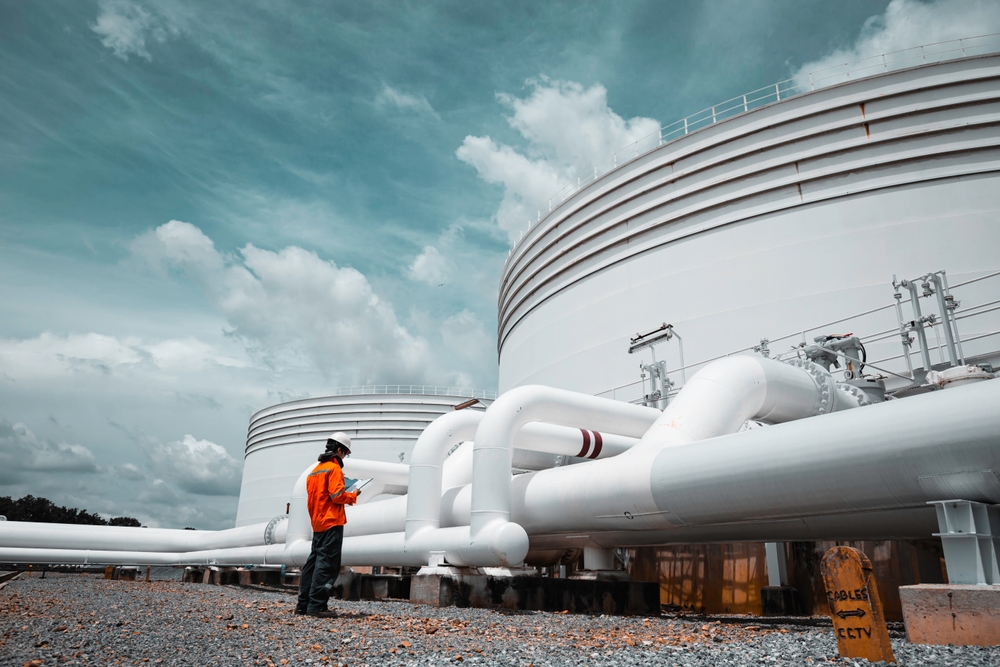

This course examines fluid phase behavior in petroleum reservoirs with particular attention to the subsurface oil, gas, and water properties and interactions. The students will learn how the acquired knowledge can be utilized so as to improve reservoir management, enhance production techniques, and increase hydrocarbons recovery from oil and gas reservoirs in the oil and gas industries.
| City | Start Date | End Date | Fees | Register | Enquire | Download |
|---|---|---|---|---|---|---|
| Dubai | 30-06-2025 | 04-07-2025 | 4300 $ | Register | Enquire | |
| Cairo | 07-07-2025 | 11-07-2025 | 3950 $ | Register | Enquire | |
| London | 14-07-2025 | 18-07-2025 | 6200 $ | Register | Enquire | |
| Zurich | 21-07-2025 | 25-07-2025 | 5600 $ | Register | Enquire | |
| Milan | 04-08-2025 | 08-08-2025 | 6200 $ | Register | Enquire | |
| Paris | 11-08-2025 | 15-08-2025 | 6200 $ | Register | Enquire | |
| Cairo | 18-08-2025 | 22-08-2025 | 3950 $ | Register | Enquire | |
| Dubai | 25-08-2025 | 29-08-2025 | 4300 $ | Register | Enquire | |
| Dubai | 01-09-2025 | 05-09-2025 | 4300 $ | Register | Enquire | |
| Paris | 08-09-2025 | 12-09-2025 | 6200 $ | Register | Enquire | |
| Cairo | 15-09-2025 | 19-09-2025 | 3950 $ | Register | Enquire | |
| London | 22-09-2025 | 26-09-2025 | 6200 $ | Register | Enquire | |
| Vienna | 29-09-2025 | 03-10-2025 | 6200 $ | Register | Enquire | |
| Casablanca | 06-10-2025 | 10-10-2025 | 4950 $ | Register | Enquire | |
| Kuala Lumpur | 13-10-2025 | 17-10-2025 | 4950 $ | Register | Enquire | |
| Amsterdam | 20-10-2025 | 24-10-2025 | 6200 $ | Register | Enquire | |
| Madrid | 27-10-2025 | 31-10-2025 | 6200 $ | Register | Enquire | |
| Rome | 03-11-2025 | 07-11-2025 | 6200 $ | Register | Enquire | |
| Dubai | 10-11-2025 | 14-11-2025 | 4300 $ | Register | Enquire | |
| Madrid | 17-11-2025 | 21-11-2025 | 6200 $ | Register | Enquire | |
| Casablanca | 24-11-2025 | 28-11-2025 | 4950 $ | Register | Enquire | |
| Madrid | 01-12-2025 | 05-12-2025 | 6200 $ | Register | Enquire | |
| Jakarta | 08-12-2025 | 12-12-2025 | 4950 $ | Register | Enquire | |
| Barcelona | 15-12-2025 | 19-12-2025 | 6200 $ | Register | Enquire | |
| Amsterdam | 29-12-2025 | 02-01-2026 | 6200 $ | Register | Enquire |
This PVT and Phase Behavior in Petroleum Reservoirs course imparts essential knowledge on hydrocarbon analysis, emphasizing phase behavior and its practical applications in the industry. Participants will explore technical aspects such as property correlations and the use of phase behavior and thermodynamics to address industry challenges.
By the end of this course, participants will be able to:
Unit 1: Introduction to Reservoir Fluids
Unit 2: Properties of Reservoir Fluids
Unit 3: Phase Behavior Analysis
Unit 4: Equations of State (EOS)
Unit 5: Gas Condensate Reservoirs
Unit 6: Crude Oil Reservoirs
Unit 7: Heavy Oil and Bitumen Reservoirs
Unit 8: Reservoir Fluid Sampling and Analysis
Unit 9: Fluid Behavior in Reservoir Management
Unit 10: Case Studies and Practical Applications

.jpg)

.jpg)
.jpg)














